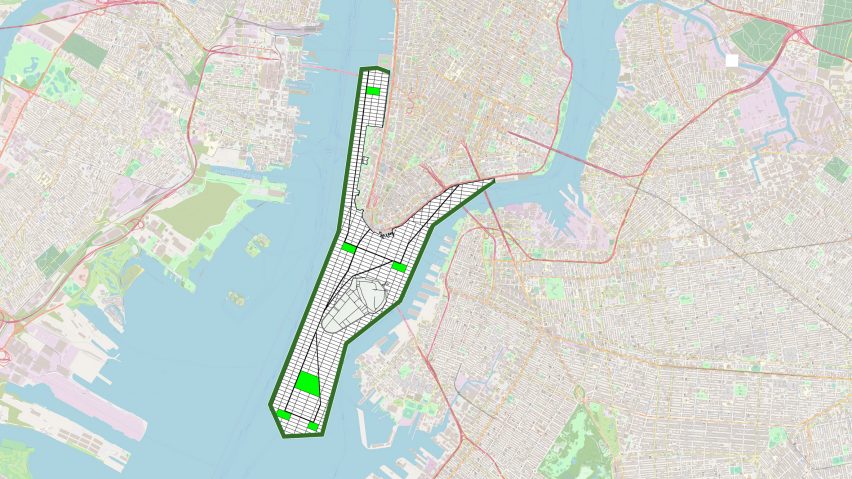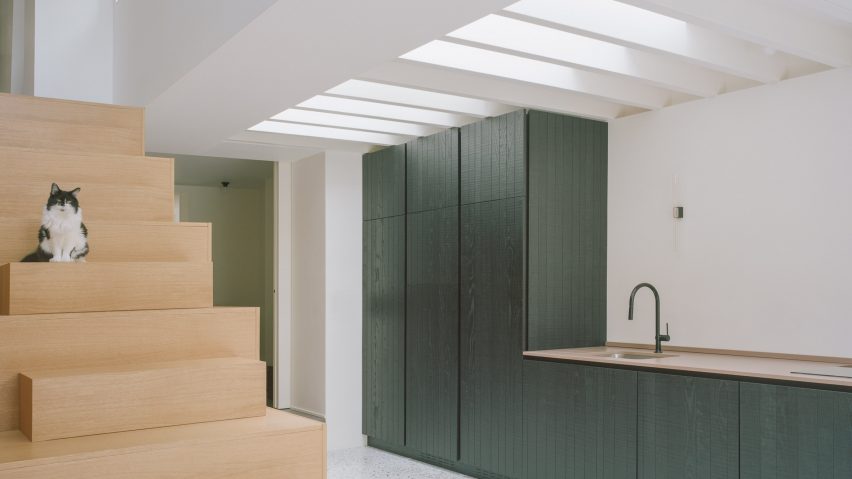
Commenter calls Adidas' floating tennis court a "ridiculous publicity stunt"
In this week's comments update, readers are baffled by Adidas and Parley for the Oceans' decision to float a recycled-plastic tennis court within the Great Barrier Reef and discussing other top stories.
Adidas and environmental organisation Parley for the Oceans have collaborated to create a floating tennis court in a bid to promote Adidas' latest range of apparel, which incorporates recycled plastic.
Launched to coincide with the Australian Open tennis tournament that is currently taking place in Melbourne, the colourful range of clothing is the latest collaboration between the brand and Parley for the Oceans.
"Ridiculous publicity stunt"
Readers aren't sold. "Ridiculous publicity stunt," said Apsco Radiales.
"This will help with the devastating lack of tennis balls in the ocean," joked Jam.
Goods agreed: "Nothing says environmental stewardship like installing a piece of floating plastic in an already fragile ecosystem."
"Recycle plastic but litter the ocean with tennis balls," concluded Reefs.
Are commenters missing the point? Join the discussion ›

Commenter claims "there is no housing shortage for millionaires and billionaires"
Rutgers professor Jason Barr's proposal to add 1,760-acres of reclaimed land to the tip of Manhattan in a bid to create more housing and combat climate change has caused controversy amongst readers.
"It's a radical idea but I like it," said Steven H. "Flood protection and space for more housing is a win-win."
John Doe disagreed: "You're worried about rising sea levels and increased flooding but putting 250,000 homes on at sea level landfill is a good idea? This is peak stupid."
"There is no housing shortage for millionaires and billionaires," added Zea Newland. "We need more housing for lower-income folks who keep the city running, but given how this plan would produce prime waterfront real estate and given how big of an investment is needed to create the land in the first place, I don't see any potential for meaningful change in regards of housing."
Is extending Manhattan a good idea? Join the discussion ›

Reader calls extra-wide oak staircase "a ludicrous design"
Paolo Cossu Architects has sparked debate by adding an extra-wide oak staircase, which doubles as a piece of furniture, to a Victorian terrace in east London.
"No stair nosing, no handrail, and the riser to tread ratio looks dangerous, " said Walter Astor. "It's easy to make a stair look novel and interesting when you refuse to comply with safety requirements mandated by the local building regulations."
"It is in fact dangerous," replied Chris Hargreaves. "What a ludicrous design."
Sim disagreed: "Or an architect has thought cleverly, in full knowledge of the facts (along with their informed client) on how to satisfy building control. Perhaps, for instance, there is a balustrade detail that can be removed – at the client's choice – when desired."
What do you think of the Farleigh Road project? Join the discussion ›

Commenter says the metaverse is "a real estate frontier"
Readers are discussing a virtual residence by digital artist Andrés Reisinger and architect Alba de la Fuente. The two-storey house is designed as a hideaway in a snowy forest and was inspired by the clean geometry of Dieter Rams' industrial designs.
"This is not bad for a metaverse build," said Archibro, "which, by the way, is a new real estate frontier. Investors are already snapping up virtual properties."
Furious B disagreed: "Already sick of the metaverse. It's literally just Second Life 2.0., and projects like this carry no more merit or need for publication than any other theoretical project. I'd rather see student projects that push boundaries than a pretty standard modernist house in a field."
"Freed from the real-world constraints of gravity and capitalism, designers of the so-called 'metaverse' insist on conforming to the real-world constraints of gravity and capitalism by mindlessly reproducing modernist designs," concluded James G. "An ideology that arose over 100 years ago."
What do you think of the metaverse? Join the discussion ›
Comments update
Dezeen is the world's most commented architecture and design magazine, receiving thousands of comments each month from readers. Keep up to date on the latest discussions on our comments page.